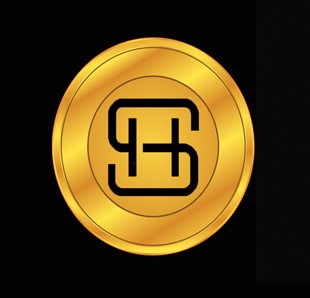By Professor Stephen R.C. Hicks, Rockford University, USA
Lecture 1: What is the purpose of education? Why is philosophy of fundamental importance to deciding one’s educational mission, curriculum, teaching and assessment methods, and even the location and architecture of one’s school?

Other lectures in the series:
Part Two: Reality: Metaphysics and Education: The Creation Story, the Big Bang Story, and more.
Part Three: Knowledge: Epistemology and Education: If education is about the transmission of knowledge, then what is knowledge? Or if it’s about training young people’s habits of mind, then what about alertness to evidence, skill with logic, and a commitment to reason? Does faith work? Is everything just opinion?
Part Four: Human Nature and Education: Free will and determinism, reason and emotion, the mind and the body, and more.
Part Five: Ethics and Education: If education is to prepare students for living the best possible life, what is that?
Part Six: Integrating Philosophy with Education Strategy: If education is a systematic process of preparing one for life, how does one connect a full philosophy of life to an education strategy?
Part Seven: Idealism, Plato, Kant, and Education: What did the great Idealist philosophers believe and how did they apply it to education?
Part Eight: Realism, Aristotle, Locke, and Education: What did the great Realist philosophers believe and how did they apply it to education?
Part Nine: Pragmatism, Dewey, and Education. What did the leading Pragmatist philosophers, and John Dewey in particular, believe and how they apply it to education?
Part Ten: Behaviorism, Skinner, and Education: What did the leading Behaviorist thinkers, and B.F. Skinner in particular, believe and how they apply it to education? Why must we go “beyond freedom and dignity”?
Part Eleven: Existentialism, Sartre, Camus, and Education: What did the major Existentialist thinkers—including Albert Camus and Jean-Paul Sartre—believe and how they apply it to education? How are “Existence precedes essence” and “The Myth of Sisyphus” relevant to deciding our purposes in life?
Part Twelve: Objectivism, Rand, Montessori, and Education: How does Objectivist philosophy, and Ayn Rand’s thinking in particular, apply to education, and how consistent is it with Maria Montessori’s principles?
Part Thirteen: Marx, Marxism, and Education: What is Karl Marx’s philosophy, and how does Marxism apply to education in a capitalist society and in preparing students for a revolutionary social change?
Other lectures in the series forthcoming:
Part Fourteen: Postmodernism, Foucault, Giroux, and Education: What is postmodern philosophy, and how do the views of Michel Foucault, Jacques Derrida, and other postmodernists apply to education in practice?
Part Fifteen: Education as One’s Mission. Conclusion.
Related: Professor Stephen Hicks’s other posts and publications on Education.